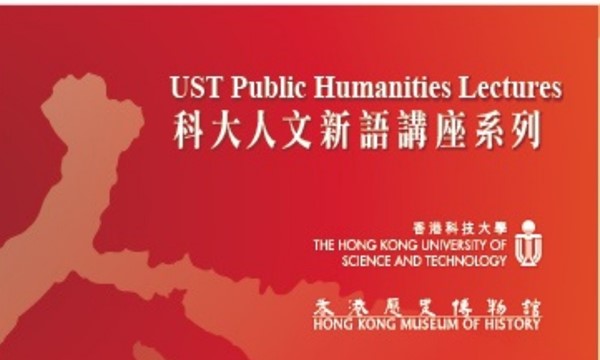Bio:
Cathy Ping PAN is Lecturer in the Division of Humanities, the Hong Kong University of Science and Technology. She received her PhD degree in applied English linguistics from the Chinese University of Hong Kong and continued there as Postdoctoral Fellow before joining HKUST. Her areas of interest include intercultural pragmatics, linguistic politeness, language and intercultural communication, and second language writing.
Abstract:
The 20th century witnessed the rise of China as a modern nation-state after tremendous political upheaval and social change. As a civilization with a vast history, huge population, and massive diversity in climate, landscape and languages, language management in China has presented a thorny challenge for intellectuals, academics and policy makers in the post-imperial era. While considered traditionally as a distinctive endowment of humans, language, however, has engendered different attitudes and orientations. Some tend to embrace a utilitarian perspective, viewing language more as a practical tool to achieve communication efficiency, whereas for others, language serves a pillar of group allegiances and marker of ethnonational identity. This ideological view of language was originally espoused by German philosophers such as Johann Herder, Johann Fichte, Wilhelm von Humboldt in the 18th century whose ideas are believed to have exerted profound influence on the development of nationalism and nationalist movements in Europe. Specifically, for them, language is the spiritual treasure house of a nation or culture, embodying the essence or soul (Volksgeist) of the nation. With reference to China at the turn of the 20th century, what kind of role did language play in the establishment of the nation-state after the overthrown of the imperial Qing dynasty? Which line of thought, utilitarian or ideological view, underpinned the language planning and reform at the time? What is the language policy like in contemporary China and how can we understand the language planning and policy (LPP) processes in relation to the historical, political and social background of the nation? Guided by these questions, in this talk we will delve into the LPP issues in modern China, and probe the inextricable interplay between the value of language, nation-building and identity.
https://engage.ust.hk/event/4791619
huma@ust.hk
